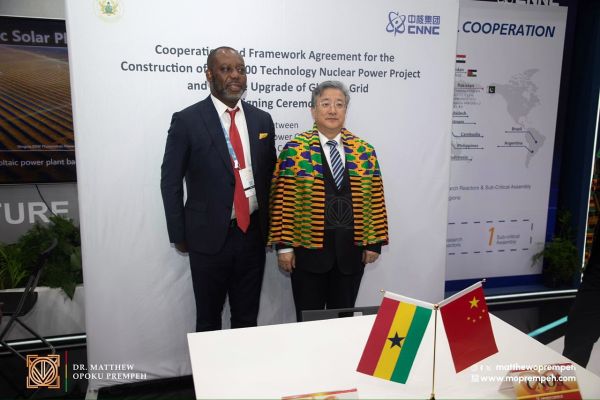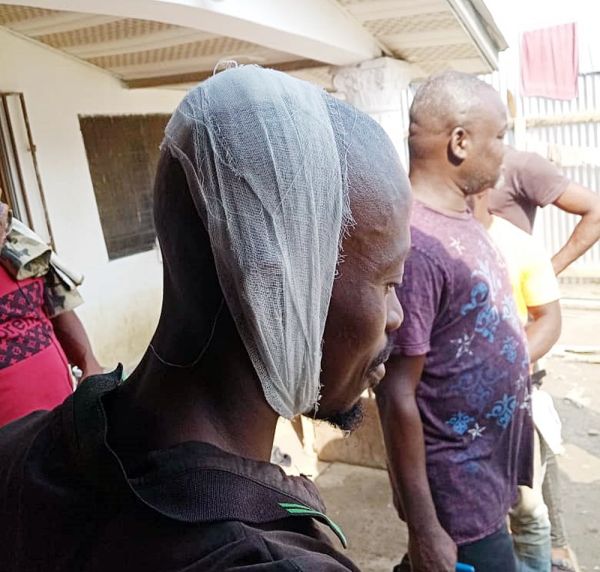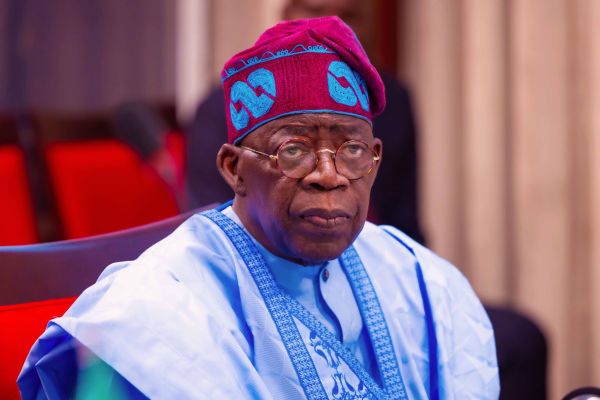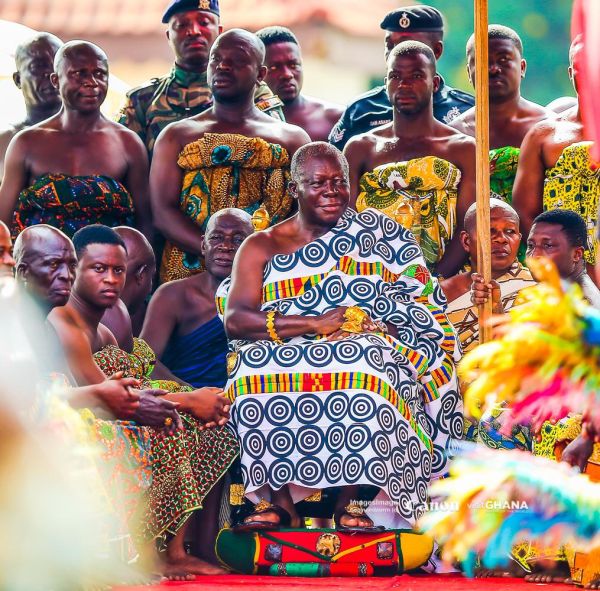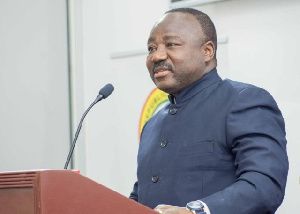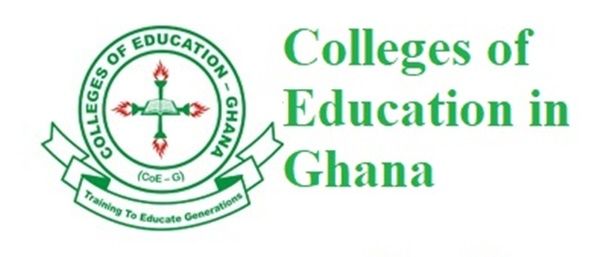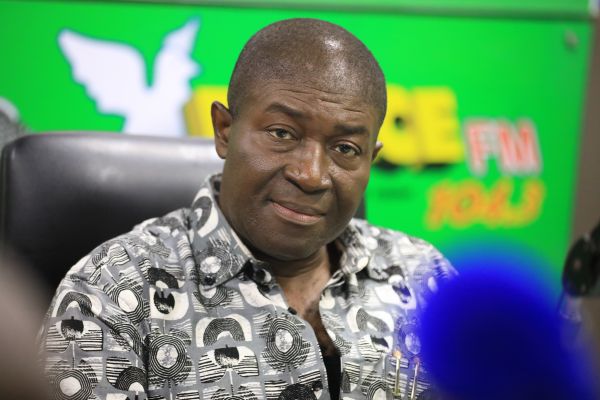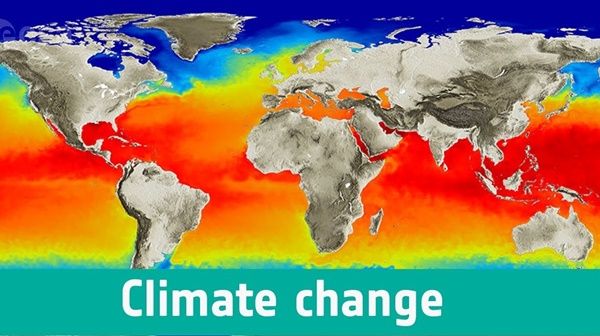
The European Union (EU) and its development partners, with the Ashanti Regional Coordination Council (WRCC), will launch the Boosting Green Employment and Enterprise Opportunities in Ghana (GrEEn) Project in Ashanti on Thursday, 22 September 2020.
The project aims at promoting green, circular, and climate-resilient local economies and creating more than 5,000 jobs. Youth, women, and returning migrants of the Western and Ashanti regions will receive trainings and financial support for green businesses. The project will focus on areas such as plastic waste recycling, clean cookstove production and distribution, organic horticulture, and compost production. Selected Micro, Small, and Medium-sized Enterprises (MSMEs) will also be supported.
The project is mainly financed by the European Union Emergency Trust Fund (EUTF) for Africa, with contributions from the Embassy of the Kingdom of the Netherlands and the United Nations Capital Development Fund (UNCDF). It is implemented by the SNV Netherlands Development Organisation and UNCDF, in collaboration with the Ministry of Local Government and Rural Development.
“The idea behind GrEEn is simple: the lack of job opportunities pushes young people to look for a better future far from home. Climate change makes things worse by taking away the main source of livelihood in many communities,” said Diana Acconcia, the European Union Ambassador to Ghana.
“These two challenges are interlinked. We need to address them at the same time if we want to convince young people that they have a future at home and prevent them from embarking on dangerous journeys where they can lose their life,” she added.
Anjo van Toorn, Country Director of SNV said: “The GrEEn project is very topical since it supports youth, women and returning migrants in creating jobs and supporting businesses in a time COVID is impacting hard on local economies.’’ He also noted, “the GrEEn project contributes to climate-resilient economies, which can withstand and reduce climate impact on the short and long term; this is essential to community well-being now and later.”
Angela Yayra Kwashie, the National Project Coordinator of the UNCDF in Ghana, said, “GrEEn officially launched virtually during the European Week in May, but now it’s time to take news of GrEEn to the regions and communities that are going to benefit from this new action.”

